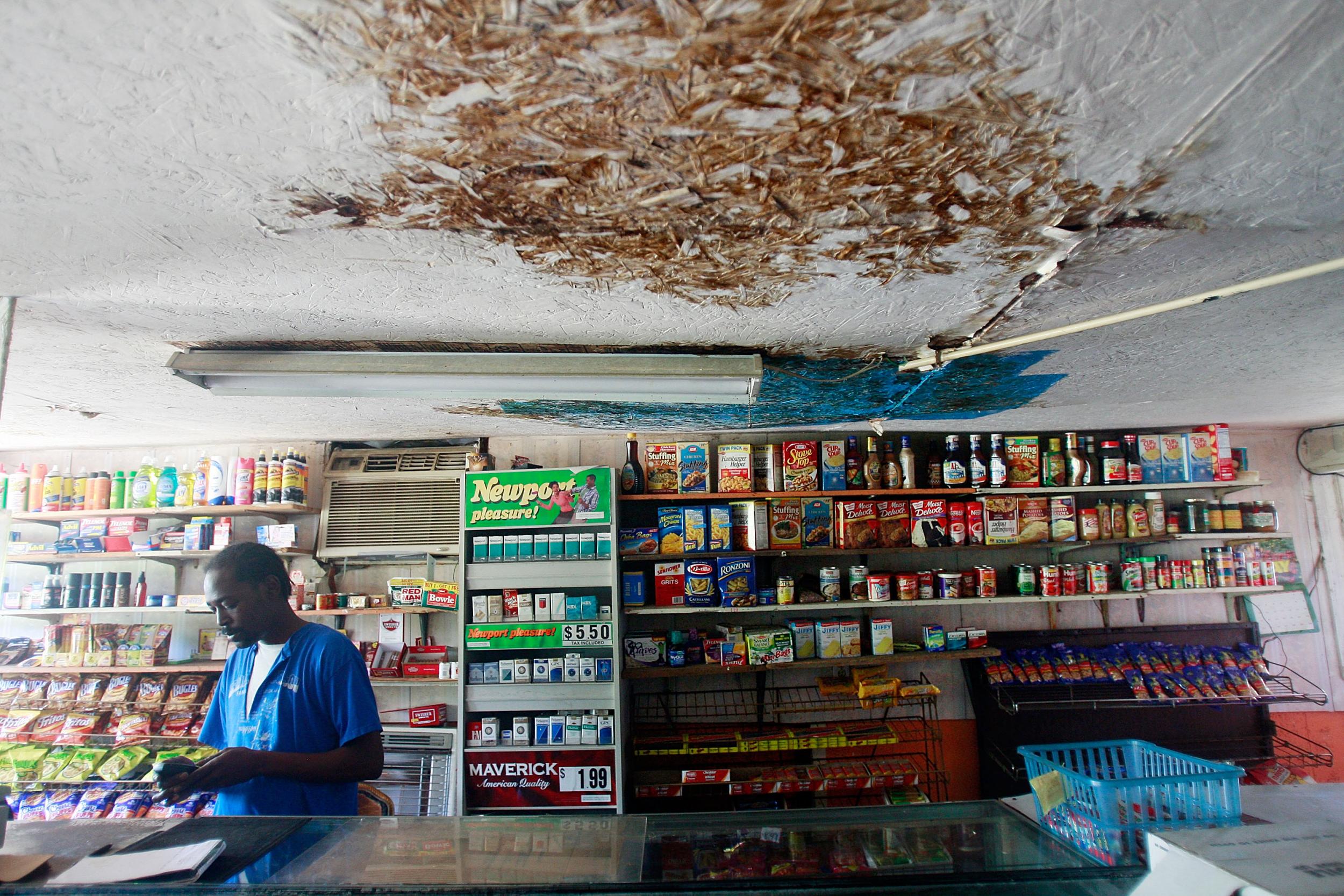Donald Trump wants to completely defund agency trying to save one of America's poorest regions
The Delta region has a rich musical and cultural history that has accompanied it's long-standing poverty

President Donald Trump’s wish list of federal agencies he would like to completely defund includes an infrastructure and development agency that is trying to save one of the most impoverished regions in the country.
Mr Trump’s budget calls for the elimination of the Delta Regional Authority (DRA), which services a large swath of the the American South stretching from Louisiana to Southern Illinois. That area faces a myriad of challenges as a result of its poverty: communities with a lower life expectancy than Tanzania, poor sanitation, and a rapidly declining population that has abandoned the region in droves, leaving behind empty homes and businesses to be taken over by untended vines.
“It’s one of the poorest regions of rural America”, John Cromartie, a researcher at the United States Department of Agriculture who has seen exacerbated negative population growth in areas like the Delta since the 2008 recession, told the Independent. “Of course, you have hundreds of rural communities that have been losing populations for decades, but this is the first sustained period where rural America as a whole is losing population.”
An area known for the blues and the persisting scars left by slavery, the region hasn’t ever been known for being particularly affluent, but things have gotten worse lately with technological developments and a globalised economy. Agricultural workers who once spent their earnings in the small towns throughout the Delta, began to leave years ago when mechanical advancements replaced them. Manufacturing factories later followed suit, unable to compete with foreign competition.
“You can’t out-poor the Delta,” Chris Masingill, the chairman of the DRA, once said. Mr Masingill wasn’t available for an interview for this story but his office indicated that he plans on engaging Congress to make sure that they understand the importance of the DRA.
Since its authorization in 2000, the agency has invested over $163 million in more than 1,000 projects related to basic infrastructure including water and sewer facilities, business development, transportation infrastructure, job training, and employment-related education. That investment has been accompanied by $354 million in support from other public partners, and another over $3.3 billion in private investments.
Mr Trump’s budget would completely cut the DRA’s $22 million annual budget that is used to coordinate with state and local agencies to try and improve local economies, improve health in the region, and establish useful infrastructure to make improvements possible. The efforts appear to be working, according to a 2013 Department of Agriculture study, which found that per capita income in counties with DRA funding grows faster. That study also found that the counties that received those counties that received the most funding saw an even greater per capita income increase.
"The DRA has been a catalyst for growth in the 21 counties of West Tennessee that the DRA serves," Ted Townsend, the chief operating officer for the Department of Economic and Community Development for the State of Tennessee, told the Independent. "We are very appreciative of their partnership, and would be concerned to see the many programmes of value discontinue."
The budget proposal Mr Trump sent out calls for the elimination of funding for at least 19 independent agencies including the DRA and another similar agency that serves Appalachia. It also calls for nearly 70 other agency eliminations in total.
Join our commenting forum
Join thought-provoking conversations, follow other Independent readers and see their replies
Comments
Bookmark popover
Removed from bookmarks